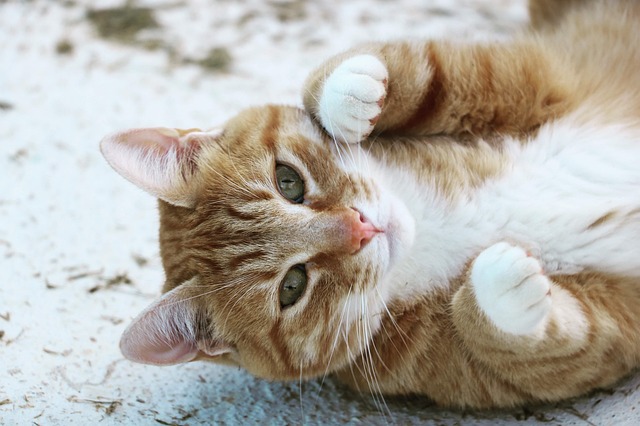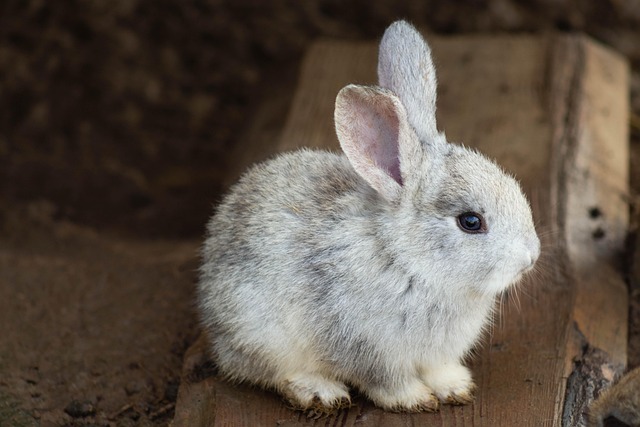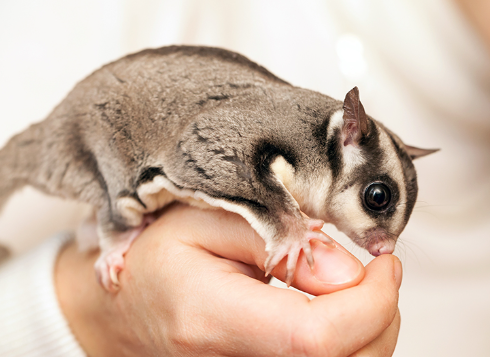bovine lactoferrin for cats - all information
Navigating the Potential Use of Bovine Lactoferrin for Cats: An In-Depth Exploration
Unpacking Bovine Lactoferrin and Its Natural Origins
Bovine lactoferrin, a protein derived from cow's milk, has gained recognition for its potential health benefits. As we delve into the discussion surrounding its application for feline companions, it's crucial to consider the unique dietary nuances that govern the well-being of our cats.
H2: Feline Dietary Distinctions: Obligate Carnivores in Focus
Cats are obligate carnivores, relying predominantly on animal-based sources to meet their nutritional needs. Understanding this fundamental aspect of feline physiology is essential when contemplating the inclusion of substances such as bovine lactoferrin in their diet.
The Intersection of Bovine Lactoferrin and Feline Wellness
While bovine lactoferrin may offer potential benefits, its compatibility with the specific dietary requirements of cats remains a subject of scrutiny. Caution is advised, as deviations from the natural feline diet could impact their overall health and nutritional balance.
The Role of Professional Guidance: Consulting with a Veterinarian
Before embarking on any dietary adjustments for your cat, seeking the expertise of a veterinarian is paramount. A thorough ***essment by a professional ensures that the introduction of bovine lactoferrin aligns with the individual health needs of your cat, fostering their overall well-being.
Evaluating the Risks and Benefits
Consideration must be given not only to potential benefits but also to any ***ociated risks. Bovine lactoferrin may present challenges, and understanding the balance between advantages and potential drawbacks is crucial for making informed decisions about its inclusion in a cat's diet.
Tailoring Nutrition to Feline Individuality
Each cat is unique, and their nutritional requirements can vary. The decision to incorporate bovine lactoferrin or any supplement should be based on a comprehensive understanding of the specific health needs of the individual cat, allowing for a tailored and mindful approach to their nutritional well-being.
Bovine lactoferrin is a protein found in cow's milk, and it is often used as a nutritional supplement. While it may provide various health benefits for humans, it's essential to exercise caution when considering it for cats.
Cats are obligate carnivores, meaning their nutritional needs are primarily met through animal-based sources. Cow's milk and its derivatives, including bovine lactoferrin, might not align with a cat's natural dietary requirements.
Before introducing any new supplement or dietary change for your cat, it is crucial to consult with a veterinarian. They can provide guidance based on your cat's specific health needs and ensure that any nutritional adjustments are safe and appropriate for feline well-being.













Leave a comment